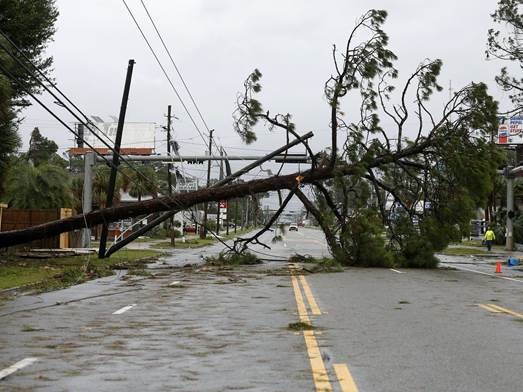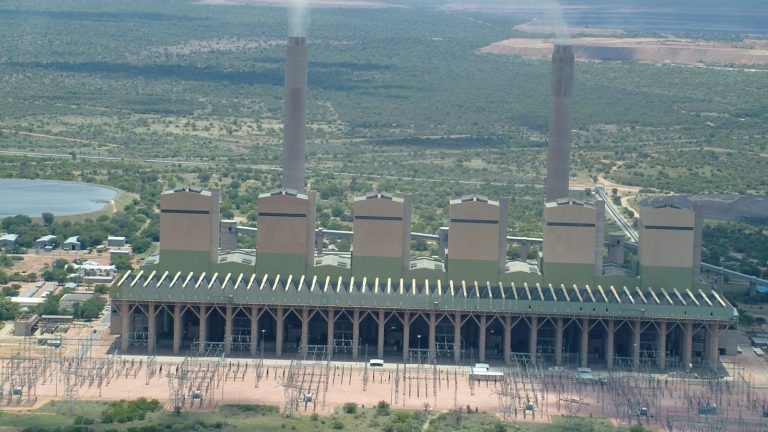Beware of electrical shocks during severe storms
Wednesday, 10 November 2021: With heavy rains currently experienced across the country communities need to be vigilant and prepared for any safety hazards that could arise during such adverse weather situations. Eskom warns the public of the higher risk of coming into contact with electricity during the rainy season.
Eskom is advising all South Africans to be cautious of overhead power cables that are damaged, collapsed or low-hanging as a result of stormy weather conditions, vandalism and illegal connections.
Illegally connected cables lack safety features such as protective insulation – they sometimes spark and are not always suspended at a safe height above ground level, making it possible for children, the general public and animals to make contact with them with serious consequences.
“At Eskom, one of our main areas of focus is electricity safety. Severe wind and rain storms can cause damage to electrical infrastructure, but our collaborative efforts with disaster management centres will ensure that damage is fixed as soon as possible and people are not in harm’s way. However, there are aspects that each person can control and implement for their safety in their homes and businesses,” says Miranda Moahlodi, Senior Manager for Occupational Health and Safety at Eskom.
Low-hanging lines are dangerous irrespective of whether they are lying on the ground, touching any objects or hanging free. In fact, live conductors can cause objects or structures that they touch to also become live. Examples are where conductors of damaged power lines are hanging in trees or lying on fences, gates or shacks – people also need to stay away from these objects and structures because the entire object or structure may be electrified and may be extremely dangerous. Also, be on the lookout for lines lying in long grass or bushes if a power line has been damaged.
Water is a conductor of electricity and this is the reason why there is an increased risk of injury during the rainy season. Moahlodi shares these potentially life-saving tips:
- In your home, as the damage escalates, turn the main switch off if water starts entering the home.
- Remove all electrical equipment such as heaters, chargers, fans and power extensions off the floor and place them on high surfaces to avoid water damage.
- If your area has known illegal connections it is best to report this to Eskom or your municipality to have them removed as these are not safe during rainy weather and will pose major safety risks.
- If you suspect that any of your electrical appliances were submerged in water or have had contact with water, do not use them until you have had a professional declare them safe to use.
- Do not remove trees or branches that may have fallen over, especially when it is raining, and report such to the local municipality. If a power cable has made contact with the fallen tree/branch – it may cause an electric shock when touched.
“We are appealing to people to be more cautious during stormy conditions and to avoid touching exposed or low-hanging power cables. By remaining vigilant we can ensure that our loved ones remain safe during the rainy season,” says Moahlodi
ENDS






